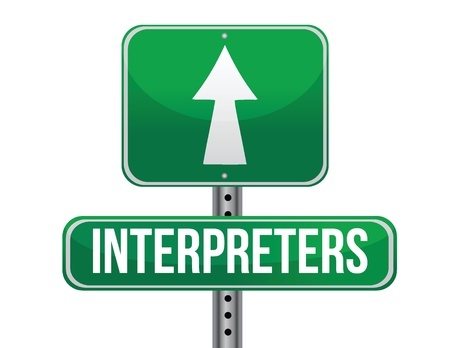 Why is a Qualified Professional Translator Needed?
Why is a Qualified Professional Translator Needed?
The importance of translation is growing in our globalizing world, a lot of companies still manage their translations on an ad hoc basis. This approach can backfire as it often leads to poor quality translations. If you want high quality and fast output, you need the services of a professional translator. By requesting certified interpreters, you benefit from the experience of linguists who have worked on many similar projects
What are the advantages of partnering with a professional translator?
Translator Skills
People who speak foreign languages are not translators yet. Translation is much more than simply converting the words in one language for those in another. Only a few words have one-to-one equivalents. A highly qualified translator has more skills than simply speaking another language.
A knowledgeable interpreter conveys the meaning behind the text and formulates it in a way that suits into the framework of the target language. Therefore a translator must have specialized linguistic training and translation skills. These can be acquired, but developing them needs a few years.
Cultural Sensitivity
Non-native speakers may be familiar with all aspects of the current idiomatic language, they often lack the in depth understanding of sensitivity for the language, therefore they are less likely to be able to provide accurate translations. Translations completed by such individuals can be very awkward for native-speakers.
Accuracy in technical translations
Professional interpreters are familiar with the technical language and industry jargon that are used in their area of expertise, their knowledge ensures a high level of accuracy.
Maintaining Consistency
Professional linguists are aware how important consistency in style and terminology is. Maintaining consistency both within and between documents is a difficult, time-consuming task. Translators use tools computer-aided tools for terminology management.
Experience in medical translations
Medical interpreting should always be carried out by qualified interpreters. Language barriers may lead to medical malpractice, serving the interest of patients requires professional interpreting services. Certified medical interpreters know medical terms necessary for effective interpreting between patients and medical staff. Using unqualified interpreters might work in informal, non-professional settings, but it has to be definitely avoided in the health care field.
Bilingual family members are very often used for medical interpreting, since they speak the language of the physician. This is a dangerous approach as they are not familiar with medical terminology, they cannot accurately interpret a patient history or diagnosis. Sometimes, they are not impartial and omit information to avoid dealing with painful circumstances or difficult truths.





